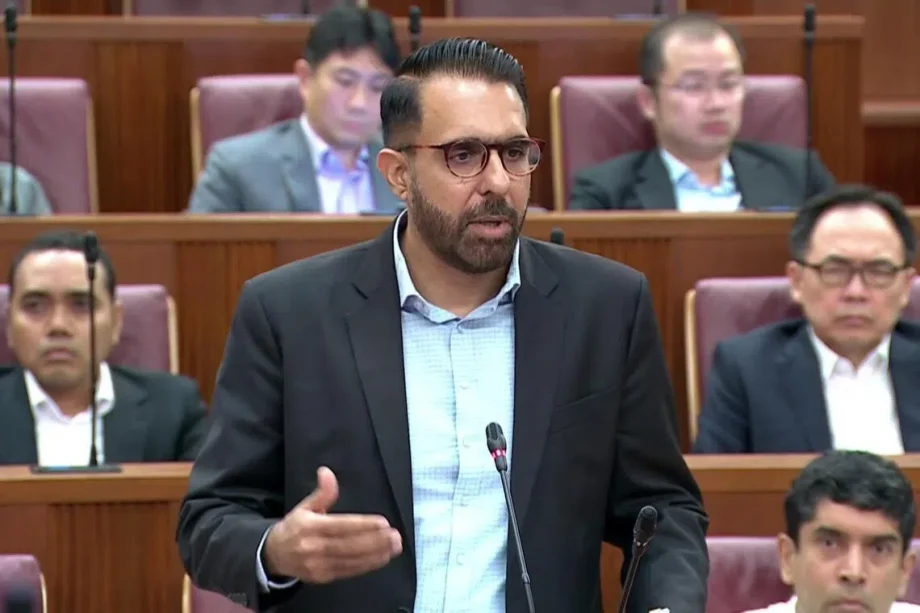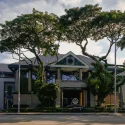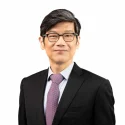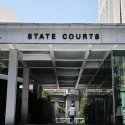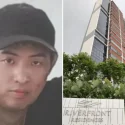SINGAPORE – The Workers’ Party agreed that race and religion should not be mixed with politics, and had made clear its views on foreign interference during the 2025 General Election campaign, said Leader of the Opposition Pritam Singh on Oct 14.
The WP chief accepted Coordinating Minister for National Security K. Shanmugam’s criticism that
his party’s April 26 statement on remarks by self-styled Singaporean preacher Noor Deros
could have been clearer, but disagreed that WP took too long to respond to the matter during GE2025.
“We had made our views quite clear on foreign interference,” said Mr Singh. “I understand the minister says that (the) statement on Noor Deros could have been clearer. I accept that, I think we can make certain things very clear.”
Responding to a ministerial statement by Mr Shanmugam, Mr Singh told Parliament that the WP is “not shy” about coming forward to resolve an issue “in the event there is something untoward or awry”, and that it was not fair to say that the party did not take this issue seriously.
He pointed out that the Government had issued its statement – about foreign interference and the dangers of mixing religion and politics – on April 25. The following morning, WP had put out its own statement and also held a media interview that addressed the issue.
Mr Shanmugam, who is also Home Affairs Minister, had delivered a statement to the House on Oct 14 that questioned the timing and substance of the WP’s response after Mr Noor asked Singaporeans to vote along racial and religious lines in the election.
The minister also questioned the WP’s response to the endorsement its candidates received during the campaign period from certain Malaysian politicians, and sought agreement on how politicians and political parties here will conduct themselves in future should these issues arise again.
In a back-and-forth exchange with Mr Singh that lasted more than 30 minutes, Mr Shanmugam said the WP statement did not reject Mr Noor’s position calling for Muslims in Singapore to vote along racial and religious lines, nor did it reject his support for the WP’s anchor in Tampines, party vice-chair Faisal Manap.
“Instead, what it said is that no commitments, promises or agreements had been made to Noor Deros,” said Mr Shanmugam. “That is something that you might find lawyers drafting for each other, you don’t see that in political statements which ought to be clear and unequivocal.”
Mr Shanmugam then asked if the lack of a clear rejection of Mr Noor’s statement could have been an oversight, or “a deliberate choice based on a calculation of interests… that Noor Deros can swing some votes”.
While such a calculation may bring some short-term benefits to a political party, it does long-term damage to Singapore and goes against the Republic’s pledge and multiracial ideals, he said.
“Being true to our pledge has to go beyond citing it during GE rallies – it must mean putting it in practice even when it’s difficult to do so,” he added. “Sincere belief requires acting true to the words of the pledge, even when it may cost some votes.”
Mr Singh replied that the WP did make an assessment, and that his view was that there were a number of factors at play “when a nobody claims that there’s a set of demands that he has of a political party”.
This includes possibly bringing the issue into greater focus by raising the matter in the heat of an election, said Mr Singh. He cited the Streisand effect, which describes a situation when an attempt to censor information instead increases public awareness of the matter.

